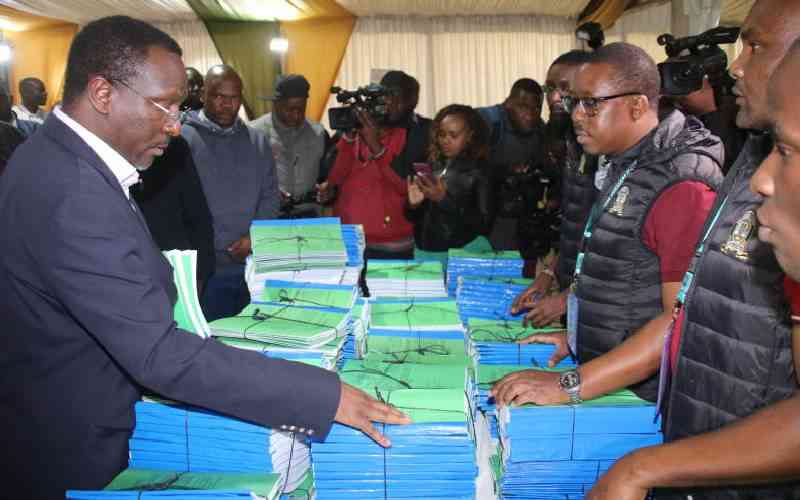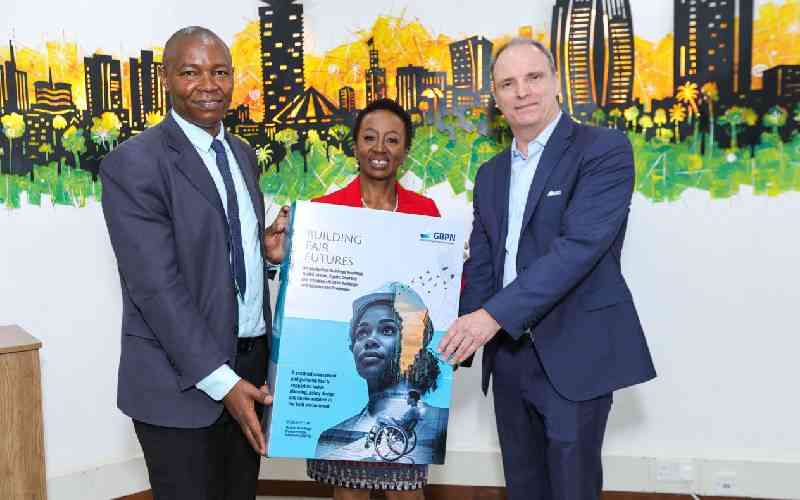
Obviously, my grouse from last week's article (No matter, the outcome from Supreme Court, we are all losers) - the mixed prospects a litigated democracy pose to our society elicited good debate.
Make no mistake, it is not by accident that we have the legal route as a means to resolving contested electoral outcomes. The alternative, as we saw in 2007, is chaos and violence. As we saw in 2013, a litigation at the apex court diffused the tension and ensured the country got back on its feet faster. But to what end is this pursuit of electoral justice through the court system? The underlying issues not necessarily contained in the petition - of votes as a means to alter and change the Social Contract remain unaddressed. The taunts of "accept and move on" still ring in my mind.






